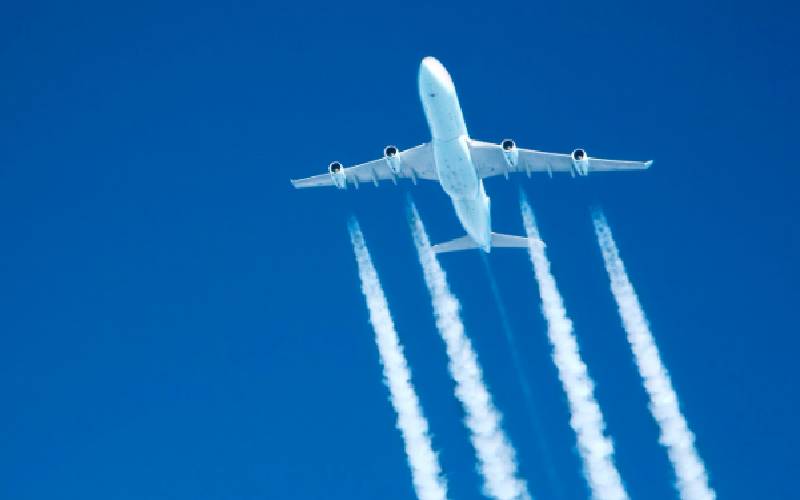×
The Standard e-Paper
Smart Minds Choose Us

All around the world, people are flying like never before. According to the International Air Transport Association (IATA), 4.4 billion passengers flew in 2018. Because of this, nearly 82 per cent of available seats were filled. Many of these passengers flew directly to other cities because 22,000 city pairs are now connected by direct flights, which is double the 10,250 city pairs connected 20 years earlier in 1998.